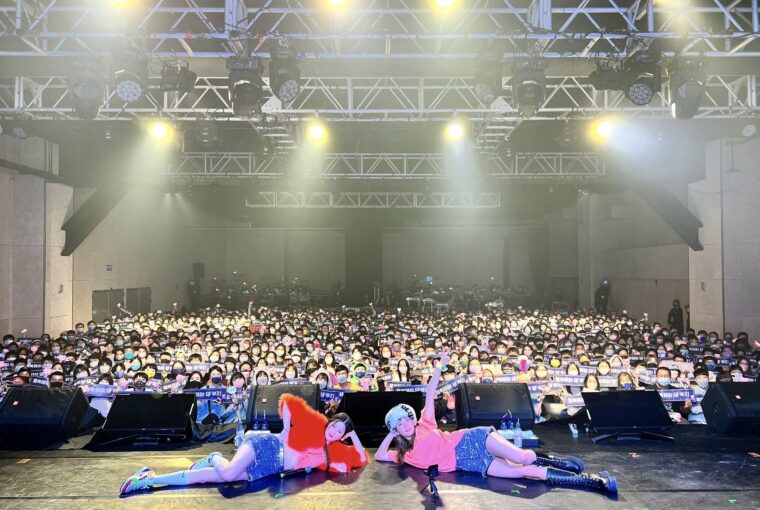K-Pop, also known as Korean pop music, has taken the world by storm and has become a global phenomenon in recent years. The music genre has not only captivated audiences with its catchy tunes and synchronized dance routines but has also had a significant impact on South Korean youth culture.
K-Pop has become an integral part of South Korean society, and its influence is evident in the fashion, language, and lifestyle of the country’s youth. K-Pop artists are known for their unique fashion sense, often sporting the latest trends and styles. This, in turn, has inspired young people in South Korea to adopt these fashion styles and become trendsetters themselves.
K-Pop has also had an impact on the language used by South Korean youth. The music genre has popularized the use of English words and phrases, which have been incorporated into the everyday language of the country’s young people. This has led to the development of a unique cultural identity that sets South Korean youth apart from their peers in other countries.
Furthermore, K-Pop has also helped to foster a sense of community and belonging among young people in South Korea. Fans of K-Pop, known as “K-Pop stans,” form tight-knit communities online and offline, where they can share their love for the music genre and connect with like-minded individuals. These communities provide a platform for young people to express themselves and to form close relationships with others who share their interests.
In conclusion, K-Pop has had a significant impact on South Korean youth culture and has influenced the fashion, language, and lifestyle of the country’s young people. It has become an integral part of South Korean society and has helped to foster a sense of community and belonging among the country’s youth. As K-Pop continues to grow in popularity, it will likely have an even greater impact on the future of South Korean youth culture.
Featured Image: Apink Official Twiiter







